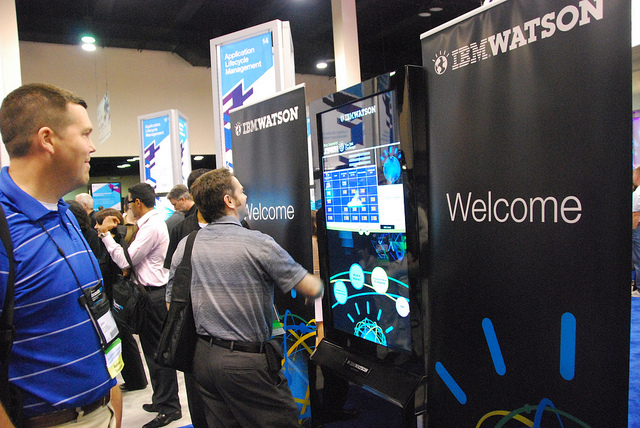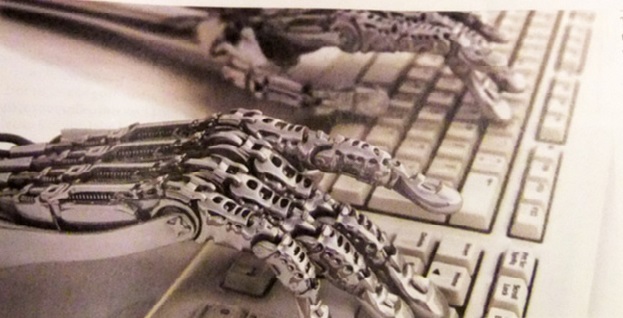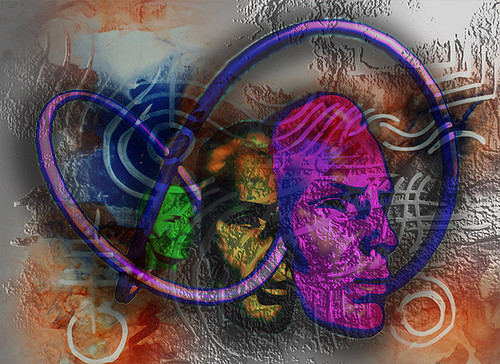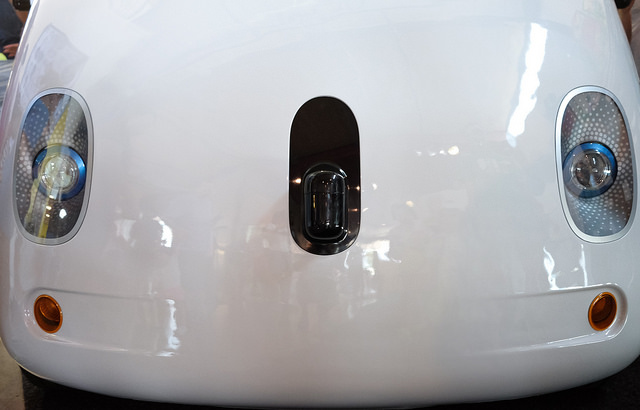Artificial Intelligence
1Mby1M Udemy Courses with Sramana Mitra: Domain Knowledge

At 1Mby1M, we believe in learning from case studies of successful entrepreneurs. These case studies involve discussions on opportunities and challenges specific to the domain such as Generative AI, E-Commerce, Digital Health, Cyber Security, and FinTech.
>>>IBM’s Answer to Growth is Elementary – Watson
According to a MarketsandMarkets report, the global artificial intelligence (AI) market is estimated to grow at 53.65% annually from $419.7 million in 2014 to $5.05 billion by 2020. The growth in the industry is attributed to the deployment of AI technologies in retail, finance, and healthcare sectors. IBM (NYSE: IBM) is targeting this high growth market with added focus on Watson through acquisitions and strategic tie-ups.
Featured Videos
Can 1M/1M Help Me Raise Money?
How Does 1M/1M Democratize Entrepreneurship Education?
How Does 1M/1M Democratize Management Consulting?
When Is The Right Time To Join 1M/1M?
Can 1M/1M Help Me With Business Development?
Can 1M/1M Help Me With Market Sizing?
Can 1M/1M Help Me Validate My Product?
Will I Have Private 1-on-1 Sessions In 1M/1M?
How Does 1M/1M Help Entrepreneurs Connect With Silicon Valley?
Mentoring or Consulting?
Why Does 1M/1M Charge $1000 a Year?
Why Does 1M/1M Partner With Local Organizations?
Why Don\’t Mentoring Networks Work?
Why Is It Important To Study With 1M/1M Now?
Dan Stewart Story
Vikrant Mathur Story
Billion Dollar Unicorns: Blippar Bets on Its Visual Browser
According to a report by Digi-Capital, the augmented and virtual reality market is estimated to grow to $120 billion by the year 2020, compared with the forecast of less than $10 billion in 2016. In 2020, virtual reality (VR) is expected to account for $30 billion of the market while augmented reality (AR) will account for the remaining $90 billion. Billion Dollar Unicorn player Blippar is focused on making a mark in this high growth industry.
5 Thought Leaders in Artificial Intelligence
After publishing my recent article, Must-read Articles on Artificial Intelligence, in which I’ve shared my thoughts and concerns about AI, some have asked for more.
Here are my in-depth interviews with five (actually six) thought leaders who are deeply engaged in artificial intelligence development today that I hope will provide a good overall perspective on where and how AI is being applied today, where AI stands in 2016:
- Or Shani, CEO of Adgorithms. Over time, the entire profession of media buying will be obliterated. Algorithms will do all the work. This is one of the sectors most vulnerable to be entirely automated by AI. Or Shani speaks on the theme and provides a great example of what is already happening.
- Andreas Wieweg, CTO and Andy Peart, CMO of Artificial Solutions. Have you used Siri? Have you used Amazon’s Echo? Have you used any other natural language activated by personal assistant? The world of AI is rife with speculations on where this field is going, and this discussion is a wonderful expose on that topic.
Must-read Posts on Artificial Intelligence
My deep concerns over the impact that Artificial Intelligence, Machine Learning, Robotics, and over-automation will eventually have on society have led me to write several thought-provoking articles to help raise awareness while course correction is still possible.
Whichever way the future unfolds, we do have some time in hand. The kind of mass scale automation that may eventually come about is still 50-100 years away, most likely. Still, there is a very high probability that massive degrees of automation WILL eventually come about. Huge displacement of workers WILL take place due to such automation. Given that eventuality, are we facing Utopia or Dystopia? My prediction, unfortunately, is the latter.
>>>
Billion Dollar Unicorns: iCarbonX Wants to Create a Digital You
According to a MarketsandMarkets report published last year, the global healthcare analytics market is projected to grow 26.5% annually over the five year period to be worth $18.7 Billion by 2020. The industry was estimated to be worth $5.8 billion in 2015. North America has the largest market in the Big Data healthcare market due to the Big Data initiatives launched by the federal government to reduce healthcare expenses. China’s recent Billion Dollar Unicorn Club member iCarbonX is also making big waves in the industry.
Future of Artificial Intelligence: The Triumph of Communism?
I have written several pieces already on my deep concerns about the kind of society we’re moving towards in the next 30-50 years as technology-induced changes sweep through society, rendering hundreds of millions of people unemployable.
Future of Work: Utopia or Dystopia?
Future of Artificial Intelligence: Brexit, Trump and Other Calamities
Artificial Intelligence: Just Because We Can, Does It Mean That We Should?
Future of Artificial Intelligence: All Play, No Work Society
Future of Artificial Intelligence: Demonetization
It seems to me that the end game in this thought experiment is the triumph of communism. Let me explain.
>>>
Future of Artificial Intelligence: Demonetization
As a follow-up to my series of articles on Artificial Intelligence, my friend Som Das sent me an article by Peter Diamandis on demonetization and the “abundance” that will be created with the help of technology.
People are concerned about how AI and robotics are taking jobs and destroying livelihoods… reducing our earning capacity, and subsequently destroying the economy.
Future of Artificial Intelligence: All Play, No Work Society
My earlier post, Future of Work: Utopia or Dystopia? expresses concern about a jobless world. A recent The Atlantic article asks: Would a Work-free World Be So Bad?
People have speculated for centuries about a future without work, and today is no different, with academics, writers, and activists once again warning that technology is replacing human workers. Some imagine that the coming work-free world will be defined by inequality: A few wealthy people will own all the capital, and the masses will struggle in an impoverished wasteland.
Billion Dollar Unicorns: Cylance Uses Machine Learning as Cyber Security Tool
According to Gartner, worldwide IT spending is estimated to grow to $2.77 trillion this year. Gartner projects the overall security market to grow 7.8% annually over the next three year period through 2019. Another report by MarketsandMarkets projects the global cyber security market to grow from $106.32 billion in 2015 to $170.21 billion by 2020, translating to an annual growth rate of 10%. Billion Dollar Unicorn player Cylance is making a mark in this high growth market.
Artificial Intelligence: Just Because We Can, Does It Mean That We Should?
As a technologist, Artificial Intelligence fascinates me. It always has, since the beginning of my forays into Computer Science. I did two startups in the nineties, at the heart of which were AI-driven innovations.
The world’s recent embrace of AI, thus, also fascinates me.
Driverless cars are all the rage these days. Uber is chomping at the bit to replace the headache of having to pay anything at all to their drivers, having driven the labor cost down already to the minimum. Drivers still cost them 75% of the fare.
Yes. An entire profession of drivers of trucks, taxis, buses and such are about to get wiped out.
>>>










